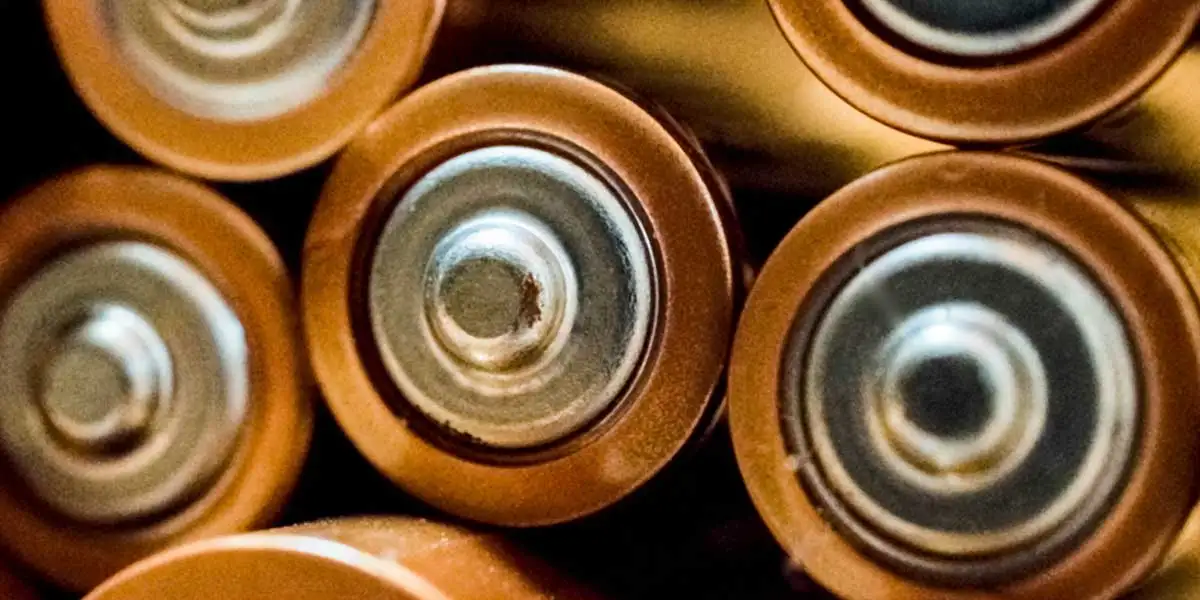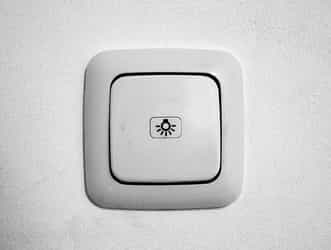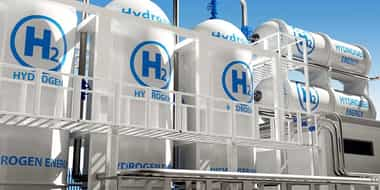
Oct 24, 2024
Blog Energy & Sustainability Sodium-Ion Batteries Market Trends and Innovations to Watch
As the demand for energy storage rises, sodium-ion batteries are becoming a viable alternative to conventional lithium-ion technologies. Offering affordability, sustainability, and efficiency, sodium-ion batteries are rapidly gaining popularity in industries ranging from renewable energy to electric vehicles.
A sodium-ion battery is a rechargeable battery that uses sodium ions (Na+) as charge carriers, like lithium-ion batteries. However, it utilizes sodium, which is more abundant and less expensive than lithium, making it a more cost-effective and environmentally friendly option for energy storage and applications such as renewable energy and electric vehicles.
The global sodium-ion batteries (SIB) market is expected to witness significant growth. Valued at $318.0 million in 2023, it is projected to reach $838.5 million by 2029, at a CAGR of 18.6% from 2024 to 2029. This rise indicates the growing shift towards alternate, sustainable battery technologies as industries move away from reliance on lithium.
Here, we’ll explore the key drivers, technological advancements, and trends shaping this dynamic market, along with its promising outlook for the future.

The global market for sodium-ion batteries (SIB) is estimated to increase from $318.0 million in 2023 to reach $838.5 million by 2029, at a compound annual growth rate (CAGR) of 18.6% from 2024 through 2029.
The success of sodium-ion batteries hinges on innovations in battery materials technologies. Key areas of development include:
The future of the sodium-ion batteries market appears bright, driven by the demand for sustainable energy solutions and technological advancements. As the market grows, manufacturers will focus on enhancing scalability, efficiency, and affordability. Governments and industries are expected to further invest in sodium-ion technologies, particularly for renewable energy storage and electrification projects. With a favorable outlook through 2029, sodium-ion batteries are set to play a key role in the global transition toward greener energy systems.
The sodium-ion batteries market is well-positioned for rapid expansion, supported by innovations in materials technologies and a focus on sustainability. As industries and governments prioritize eco-friendly energy storage, sodium-ion batteries will likely become a key component of renewable energy projects, electric vehicles, and large-scale energy storage systems in the coming years.
Consider becoming a member of the BCC Research library and gain access to our full catalog of market research reports in your industry. Not seeing what you are looking for? We offer custom solutions too, including our new product line: Custom Intelligence Services.
Contact us today to find out more.

Karishma Arora is an Assistant Team Lead in Marketing Operations at BCC Research, with a master's degree in commerce. She is a passionate marketer with a knack for creativity and data-driven strategies.

Electrical switches—devices that control the flow of electricity—are the backbon...

As the world accelerates toward net-zero emissions, hydrogen, and ammonia have e...

Hydrogen technology is widely used across industries like glass, fertilizer, met...

We are your trusted research partner, providing actionable insights and custom consulting across life sciences, advanced materials, and technology. Allow BCC Research to nurture your smartest business decisions today, tomorrow, and beyond.
Contact UsBCC Research provides objective, unbiased measurement and assessment of market opportunities with detailed market research reports. Our experienced industry analysts assess growth opportunities, market sizing, technologies, applications, supply chains and companies with the singular goal of helping you make informed business decisions, free of noise and hype.